The global food and beverage industry is shaped by several of the world’s largest corporations. These companies dominate the market, reaching consumers worldwide with their popular brands and broad product offerings. Each company has grown significantly since its founding, contributing to the industry with its distinct portfolio. The following list highlights these powerhouse companies, showcasing their headquarters, founding years, revenues, and top brands. Their influence on the industry has helped shape food and beverage consumption around the globe.
Nestlé
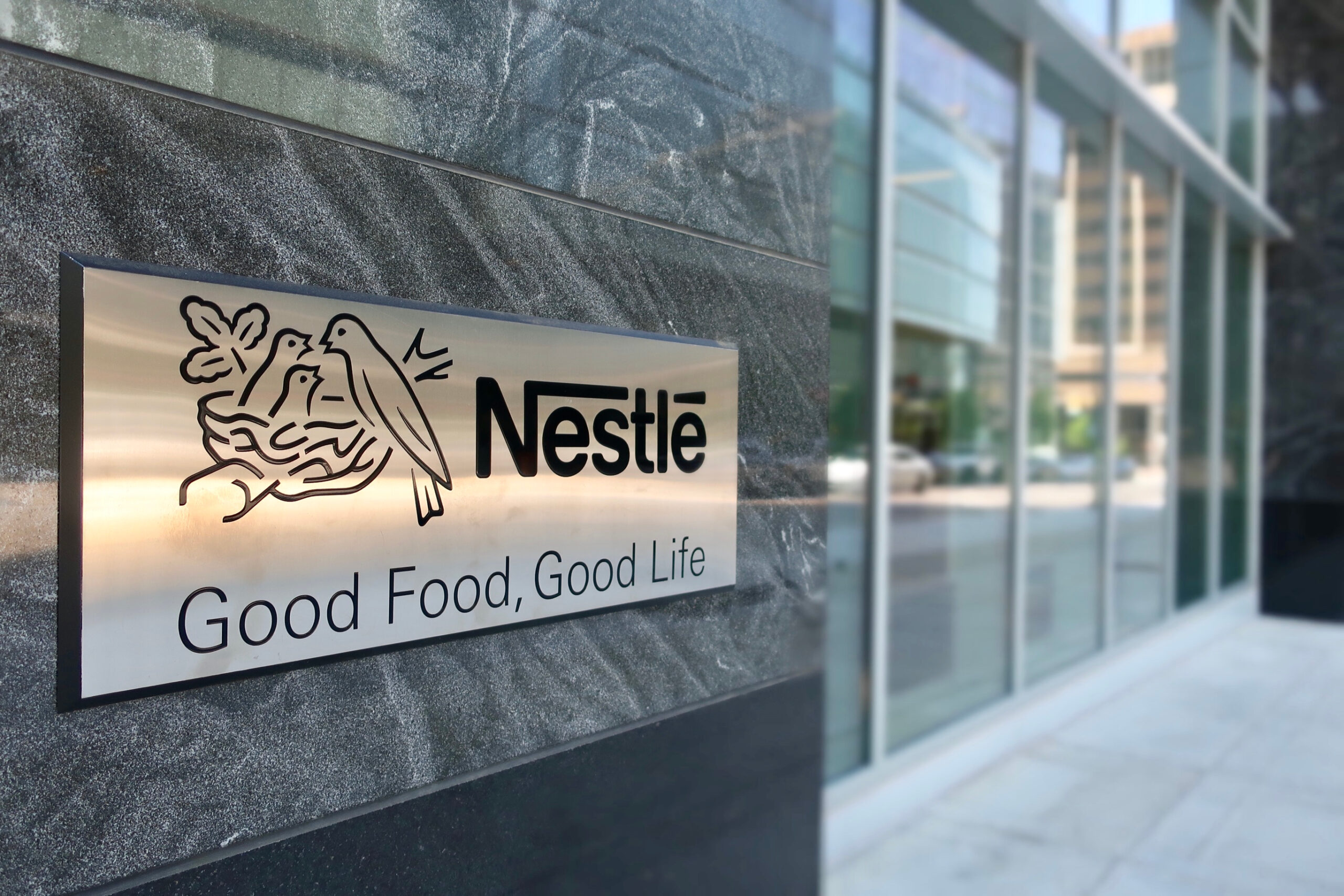
Nestlé, based in Vevey, Switzerland, is the world’s largest food and beverage company. Founded in 1866 by Henri Nestlé, it started as a company producing infant formula and has since grown to reach over 190 countries. With a revenue of approximately $93 billion, Nestlé’s portfolio spans categories such as coffee, confectionery, nutrition, and pet care. Top brands like Nescafé, KitKat, and Gerber represent its commitment to quality and nutrition. Nestlé is known for its focus on sustainability, investing heavily in reducing waste and sourcing responsibly. Its continuous expansion into new markets and product innovations keeps it at the forefront of the industry.
PepsiCo
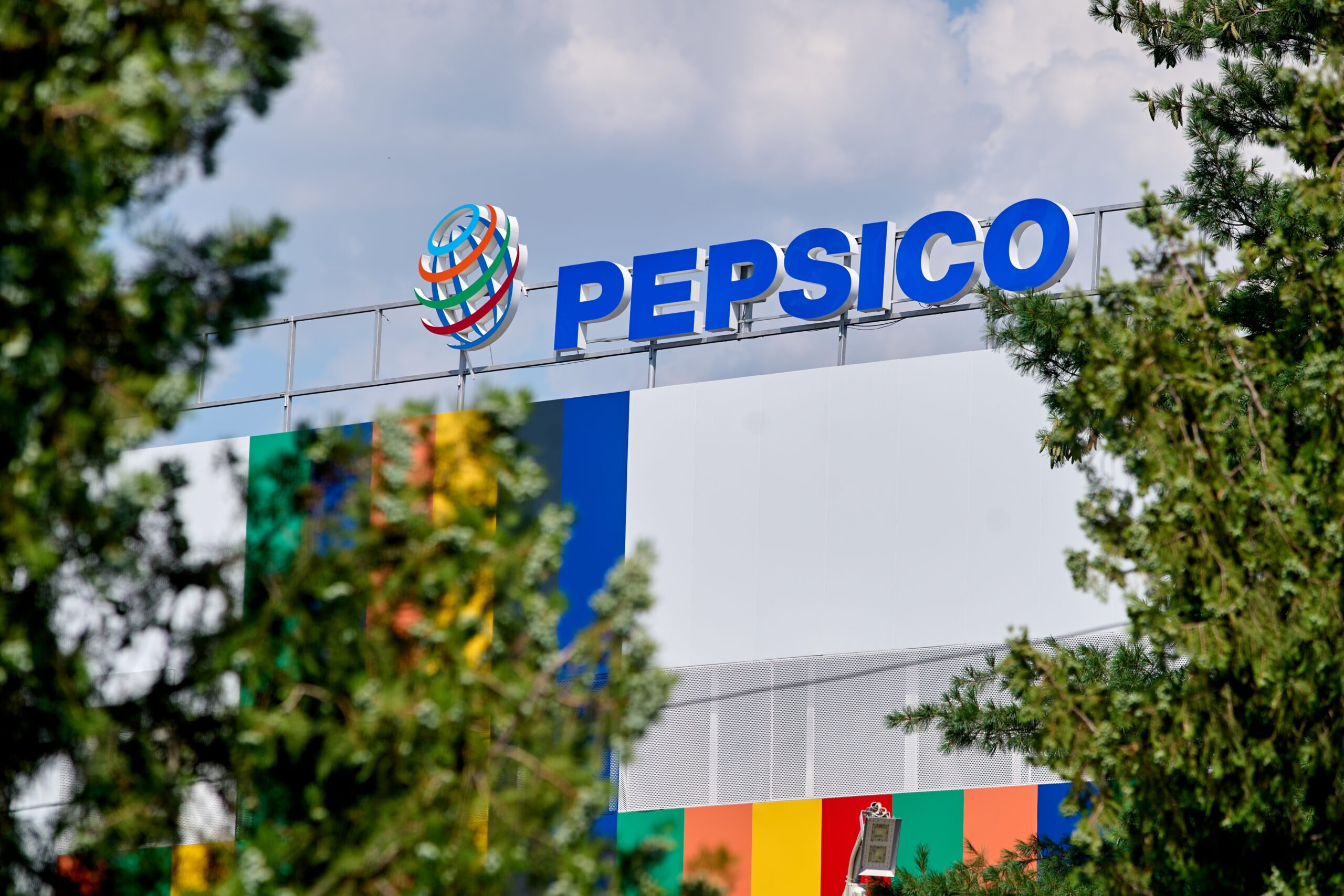
Headquartered in Purchase, New York, PepsiCo was established in 1965 from the merger of Pepsi-Cola and Frito-Lay. Today, it generates over $67 billion in revenue, positioning itself as a leader in both snacks and beverages. Iconic brands such as Pepsi, Lay’s, Gatorade, and Quaker allow PepsiCo to cater to a wide consumer base with products ranging from soft drinks to nutritious snacks. The company’s commitment to “Performance with Purpose” underscores its sustainability initiatives, focusing on reducing its environmental impact and improving global nutrition. PepsiCo’s consistent growth and brand diversification have solidified its global influence.
Anheuser-Busch InBev
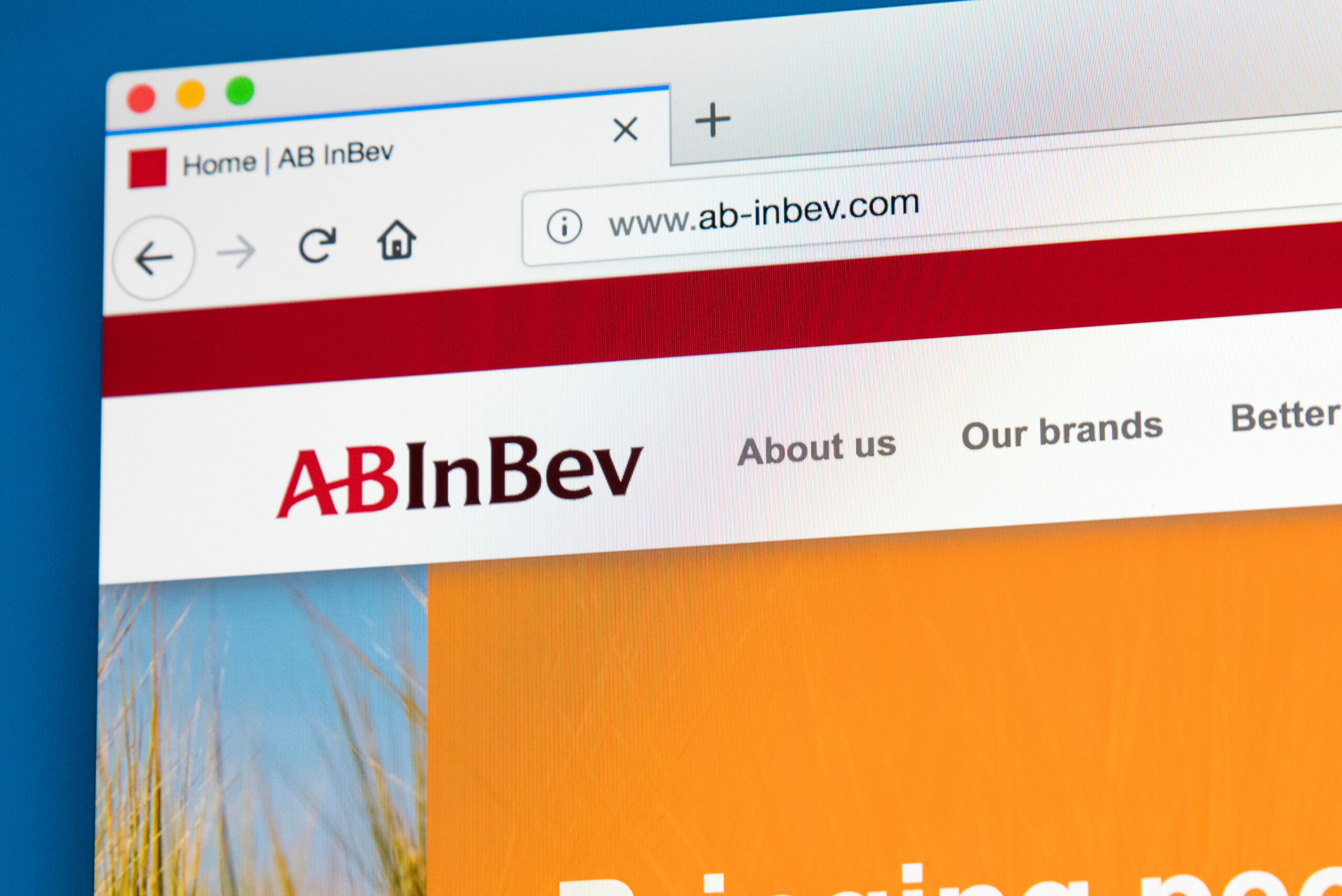
Anheuser-Busch InBev, based in Leuven, Belgium, is one of the world’s largest brewers. Formed in 2008 through a merger between InBev and Anheuser-Busch, it produces household names like Budweiser, Corona, and Stella Artois. With annual revenues exceeding $54 billion, AB InBev’s extensive portfolio includes over 500 beer brands across more than 100 countries. Known for its quality and brand recognition, AB InBev prioritizes sustainability with initiatives in water stewardship and reducing carbon emissions. Its global scale, combined with local breweries, helps it cater to regional tastes while maintaining worldwide presence.
JBS
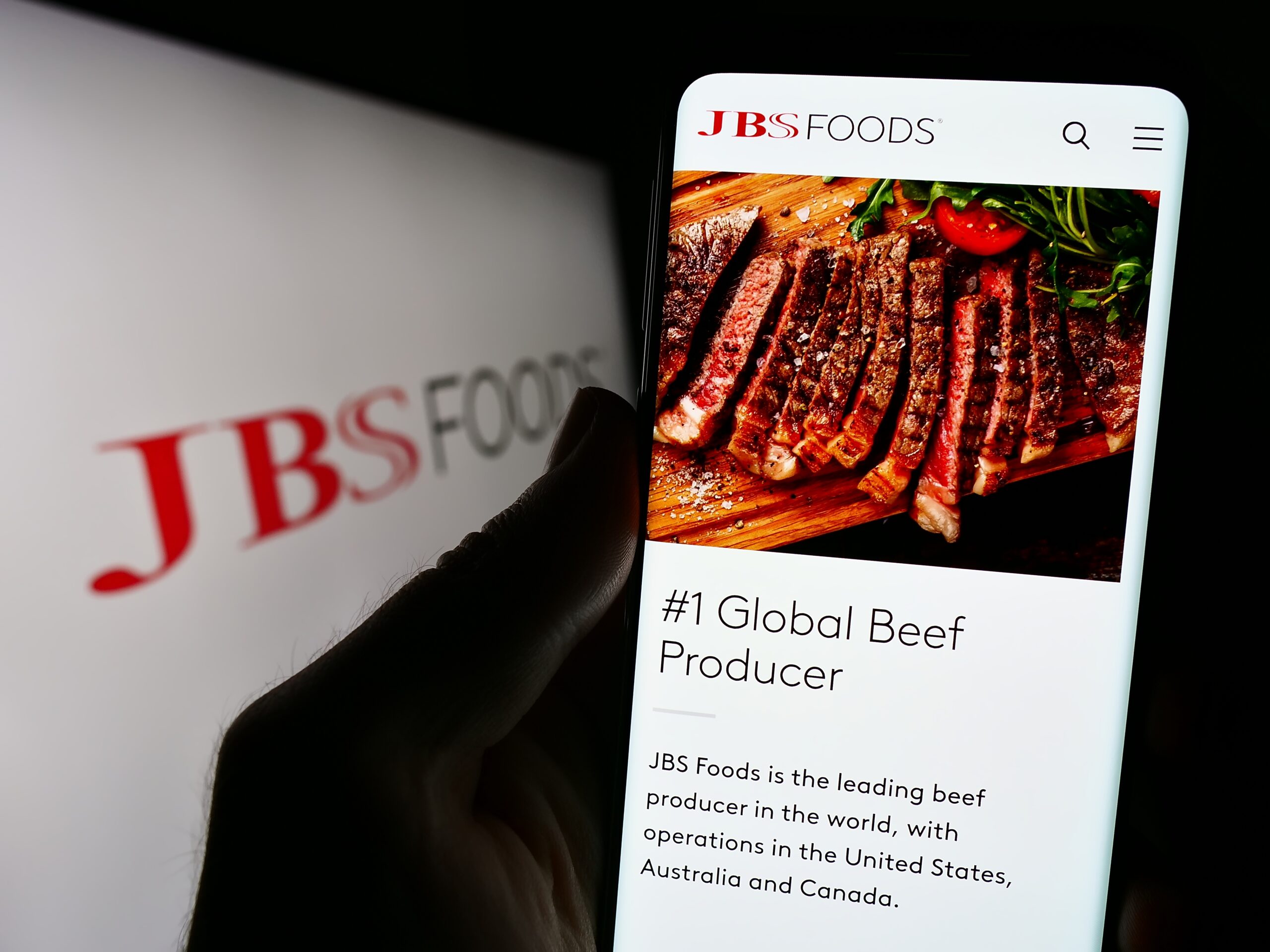
Founded in 1953 in São Paulo, Brazil, JBS has grown into one of the world’s largest meat processing companies. Originally a small, family-run business, it now generates around $50 billion in revenue. JBS specializes in beef, pork, and poultry, with popular brands like Swift and Pilgrim’s Pride leading its offerings. The company has expanded significantly through acquisitions, operating facilities in over 15 countries. JBS is committed to food safety and sustainability, focusing on quality and traceability in its supply chain. Its vast production capabilities make JBS a crucial player in global food security.
Tyson Foods
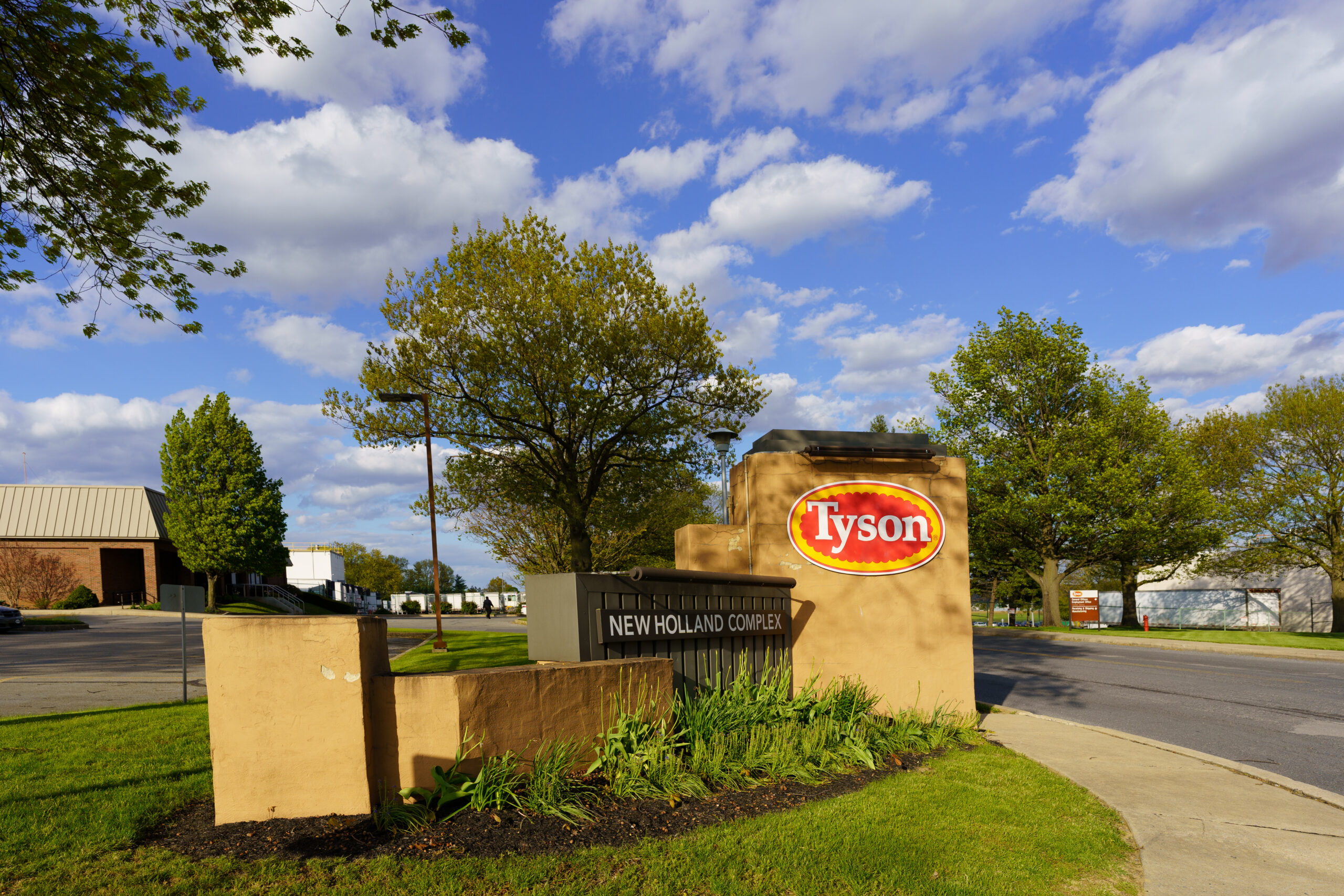
Headquartered in Springdale, Arkansas, Tyson Foods was founded in 1935 as a small poultry company and has since grown into a leader in the protein industry. With annual revenues of about $40 billion, Tyson’s top brands include Tyson, Hillshire Farm, and Jimmy Dean. It produces a wide variety of protein products, from fresh meats to frozen meals, distributed globally. Tyson’s commitment to sustainability is evident in its investments in renewable energy and innovative farming practices. Known for its high-quality standards, Tyson Foods remains one of the most trusted names in the meat processing industry.
Mars
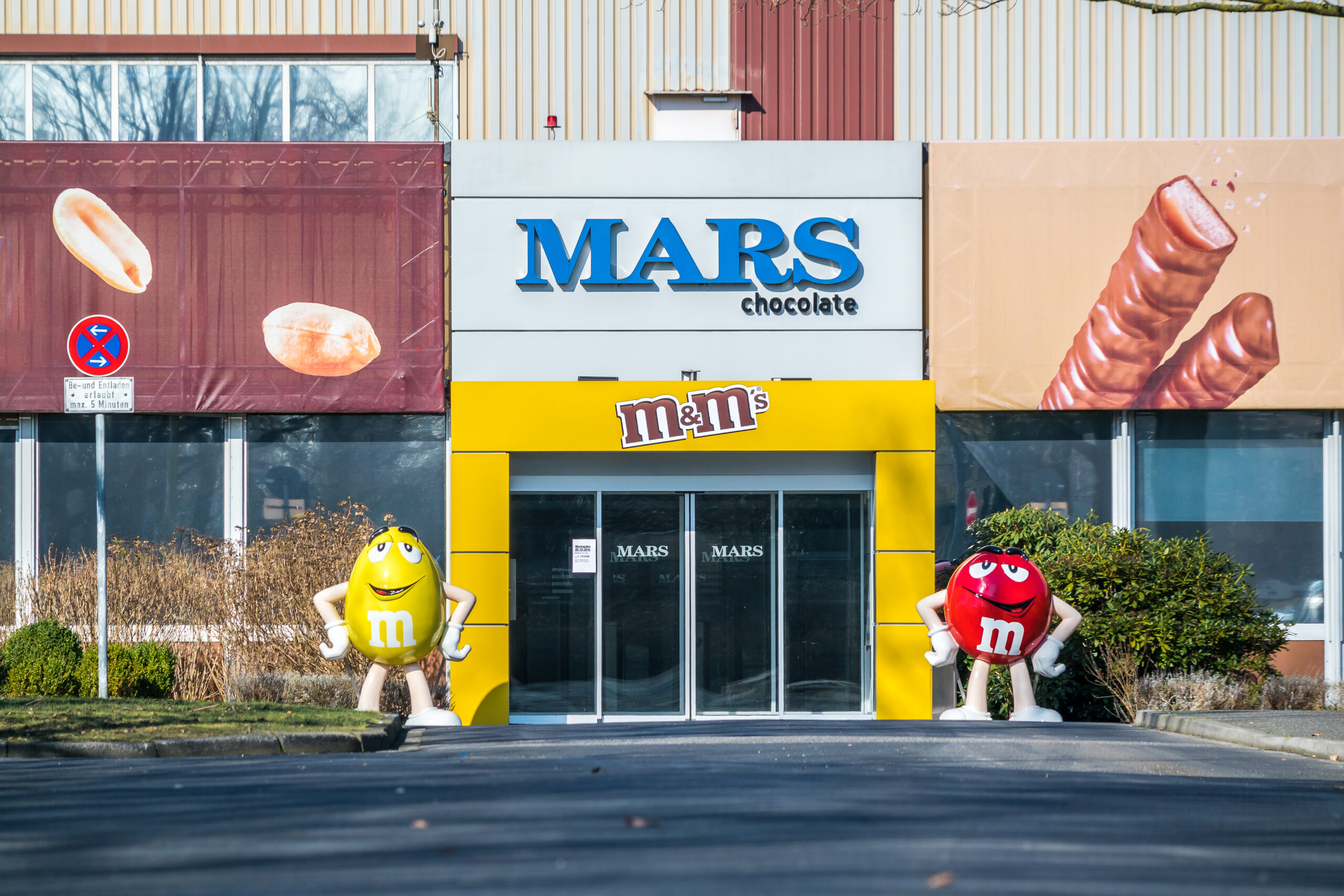
Mars, Incorporated, headquartered in McLean, Virginia, was founded in 1911 by Frank Mars and has become a powerhouse in confectionery, pet care, and packaged foods. With revenues around $35 billion, its iconic brands such as M&M’s, Snickers, and Pedigree dominate various categories. Mars is also a leading player in pet nutrition, owning brands like Royal Canin and Iams. As a family-owned business, Mars emphasizes long-term commitments, including environmental sustainability and animal welfare. Mars’ dedication to quality and innovation keeps its products relevant to consumers worldwide.
The Coca-Cola Company
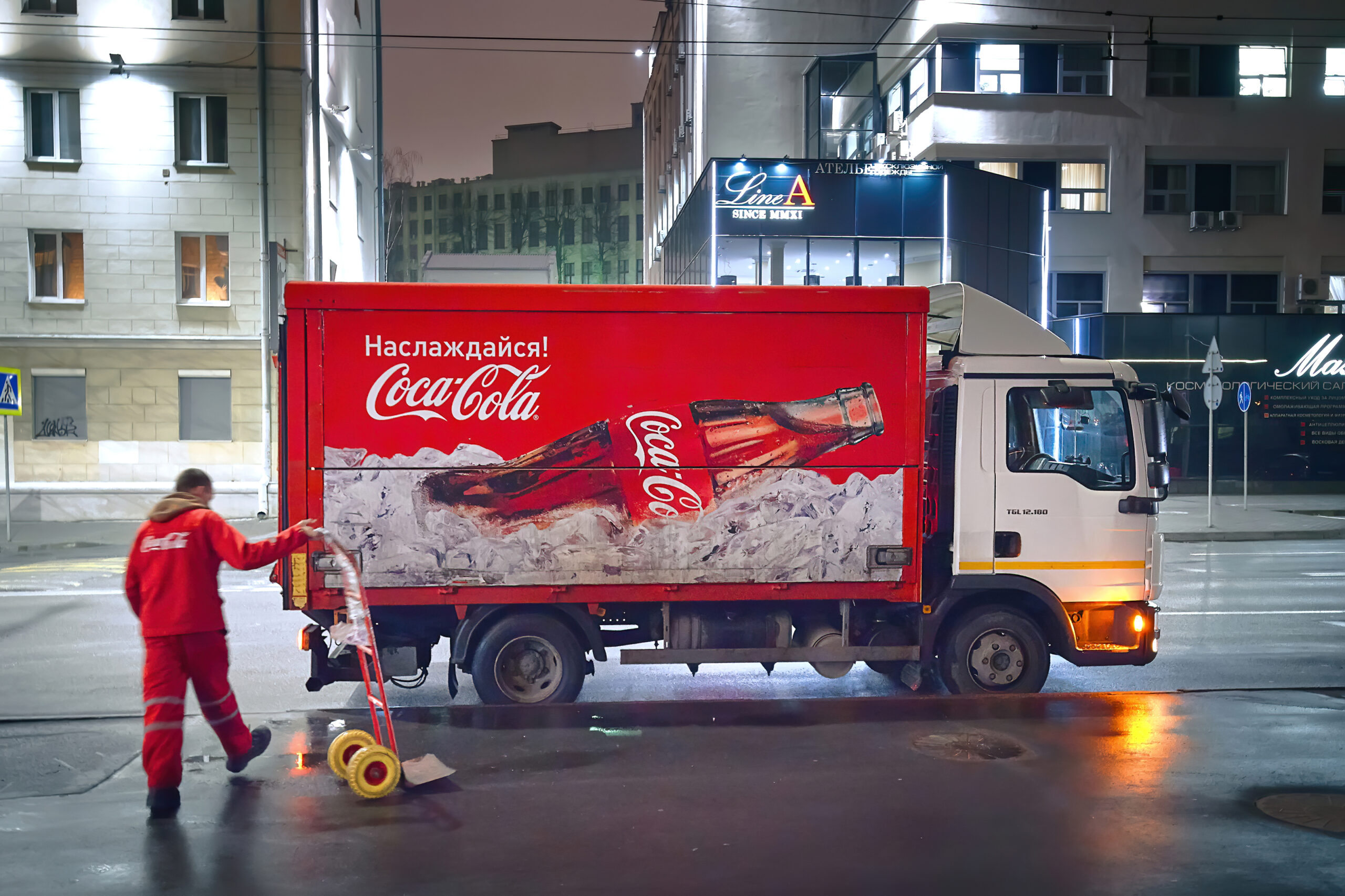
Founded in 1886, The Coca-Cola Company is headquartered in Atlanta, Georgia, and is one of the most recognized brands globally. With annual revenues close to $32 billion, Coca-Cola’s flagship brand, Coca-Cola, along with others like Sprite, Fanta, and Minute Maid, reaches consumers in over 200 countries. The company’s portfolio has expanded to include waters, teas, and energy drinks, adapting to changing consumer preferences. Coca-Cola’s focus on sustainability is evident through its investments in water conservation and packaging innovation. Its brand identity and global reach make Coca-Cola a leader in the beverage industry.
Archer Daniels Midland Company
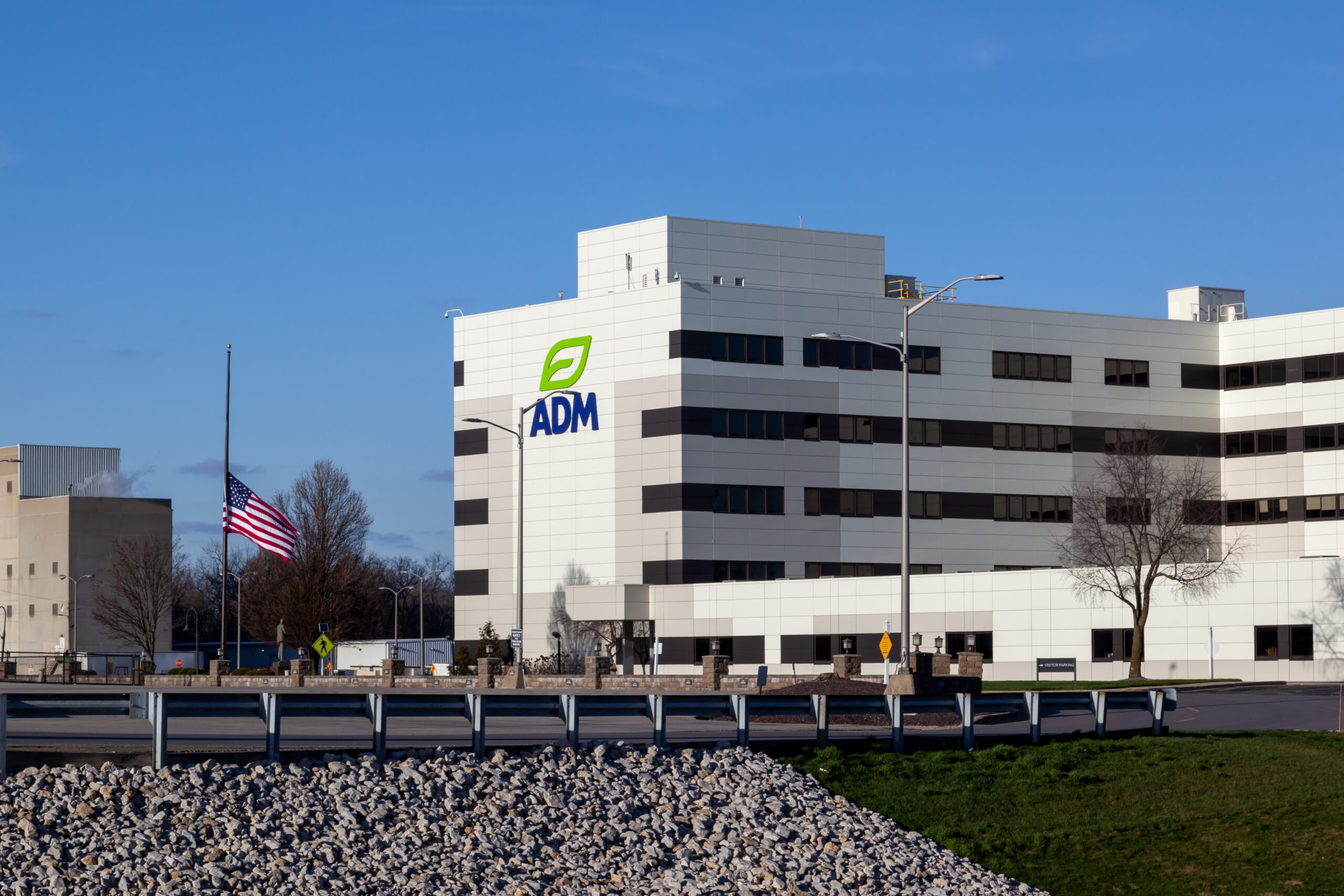
Archer Daniels Midland Company (ADM), headquartered in Chicago, Illinois, was founded in 1902 and has since become one of the world’s largest food processing and commodities trading companies. ADM generates annual revenues exceeding $65 billion, with operations spanning agriculture, oilseeds, and biofuels. One of its flagship brands, Harvest Innovations, offers high-quality ingredients used in food production. ADM focuses on sustainable agriculture, partnering with farmers to source raw materials responsibly. Its commitment to innovation and sustainability has positioned ADM as a major player in food ingredients and agricultural processing.
Cargill
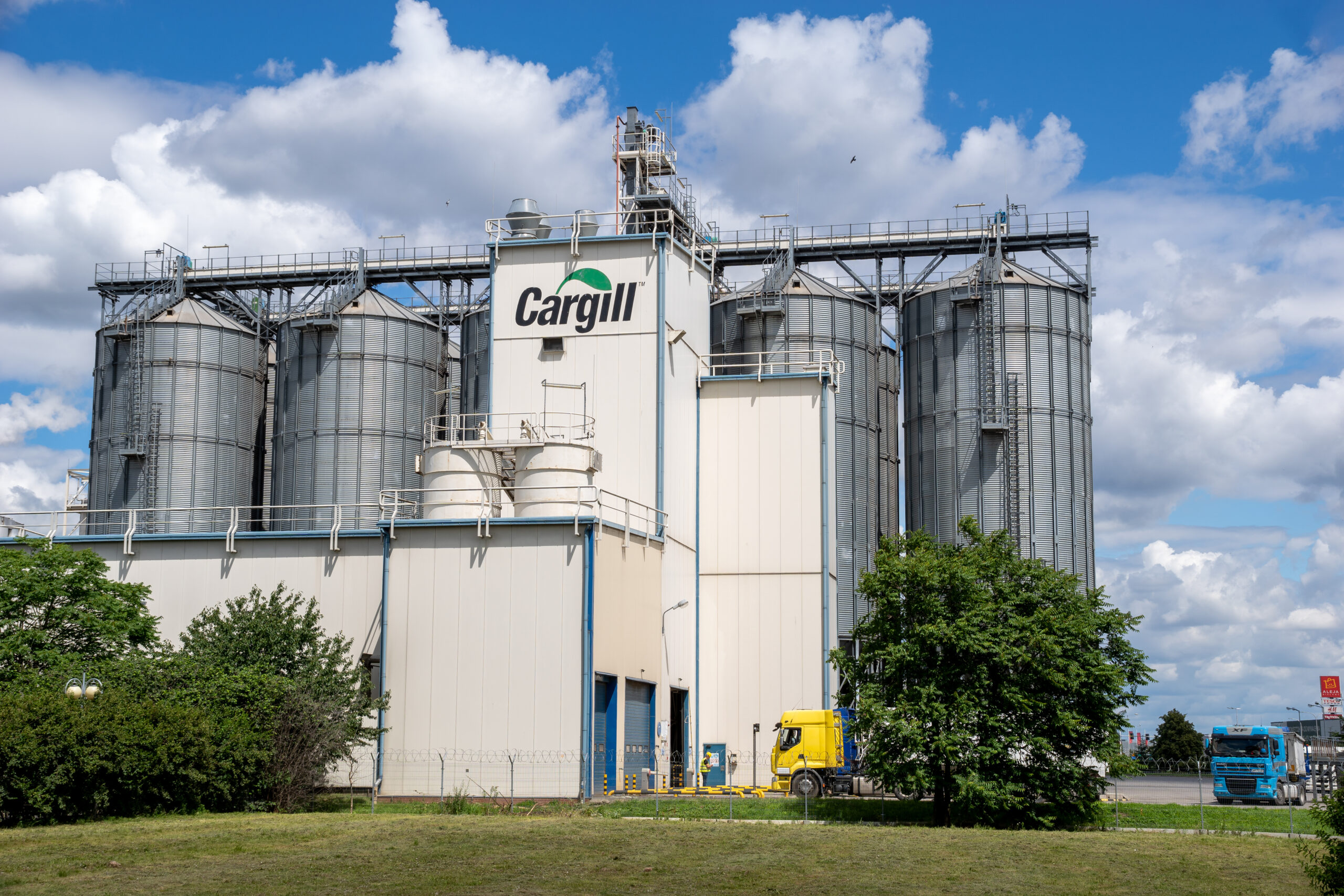
Cargill, based in Minnetonka, Minnesota, was established in 1865 and remains one of the largest privately held corporations in the United States. The company brings in approximately $134 billion in revenue annually, making it a leader in agricultural commodities and food production. Cargill’s offerings include brands like Honeysuckle White and Rumba Meats, providing protein and food solutions globally. Known for its vast supply chain, Cargill operates in over 70 countries, focusing on sustainable sourcing and reducing its environmental impact. Its influence extends across multiple industries, from food to animal nutrition.
Danone
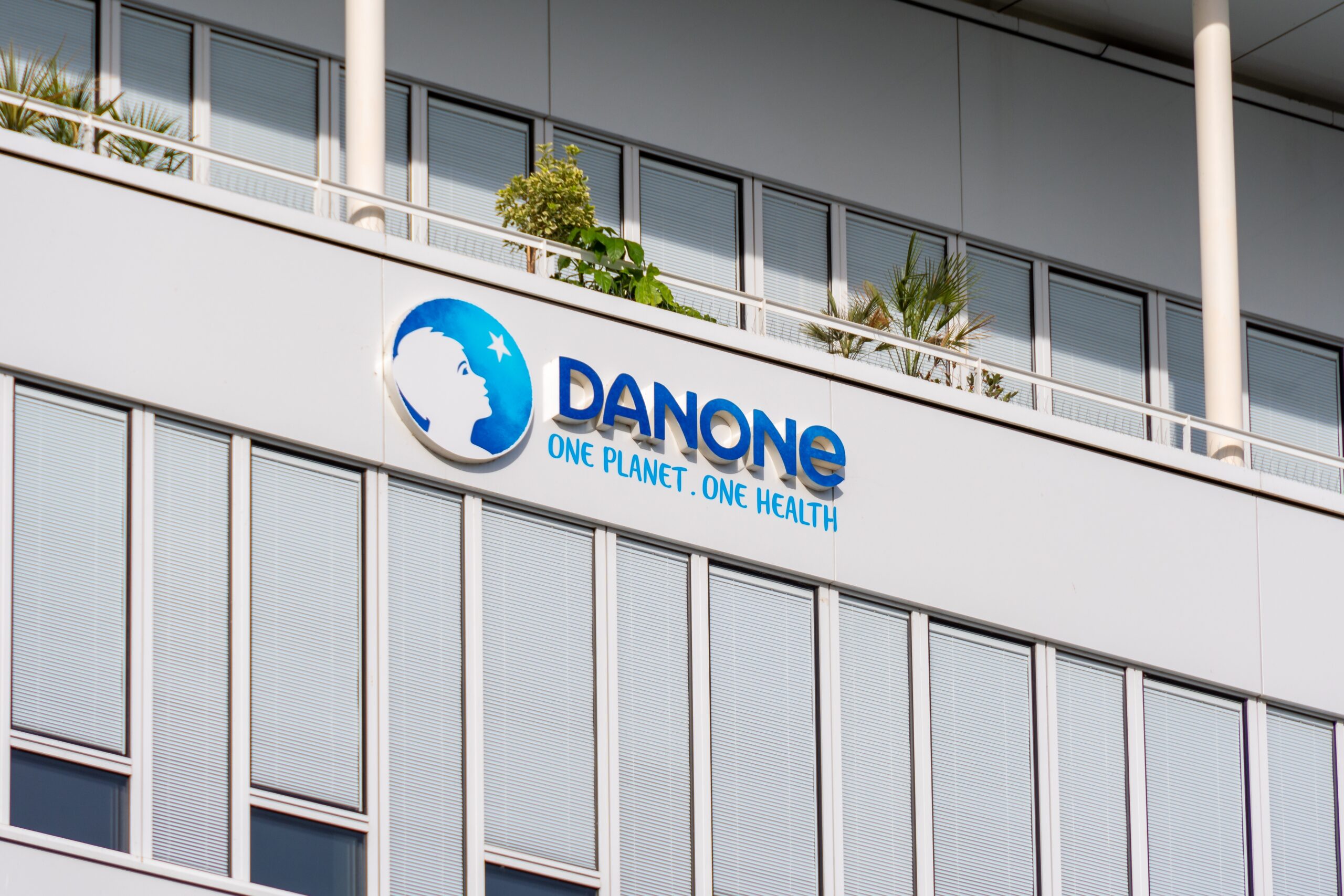
Founded in 1919, Danone is headquartered in Paris, France, and is renowned for its focus on dairy products, bottled water, and specialized nutrition. With annual revenues of around $30 billion, Danone’s top brands include Activia, Evian, and Nutricia, which are popular worldwide for their quality and nutritional benefits. The company prioritizes health-focused products and sustainability, aiming to improve global food choices and reduce waste. Danone’s commitment to social and environmental goals has strengthened its position as a trusted name in health-focused food products.
Heineken
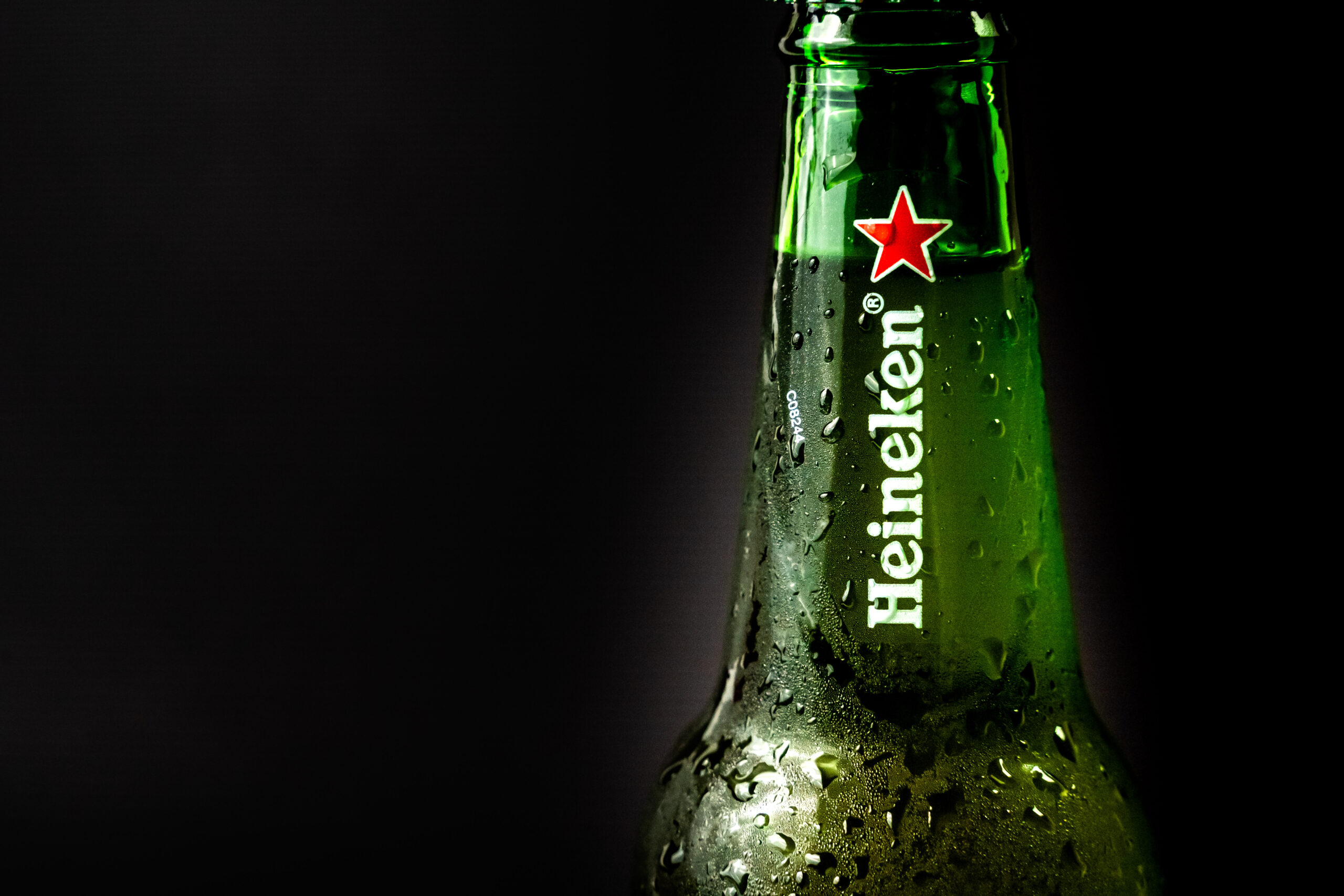
Heineken, based in Amsterdam, Netherlands, was established in 1864 and has grown to become one of the world’s largest brewers. With revenues of roughly $28 billion, its flagship brand, Heineken, is a household name known for its quality and distinctive green bottle. Heineken’s product lineup includes over 300 beers and ciders, distributed in more than 190 countries. The company focuses heavily on sustainability initiatives, including water conservation and reducing carbon emissions. Heineken’s dedication to quality brewing and responsible practices has helped maintain its global influence in the beverage industry.
Mondelez International
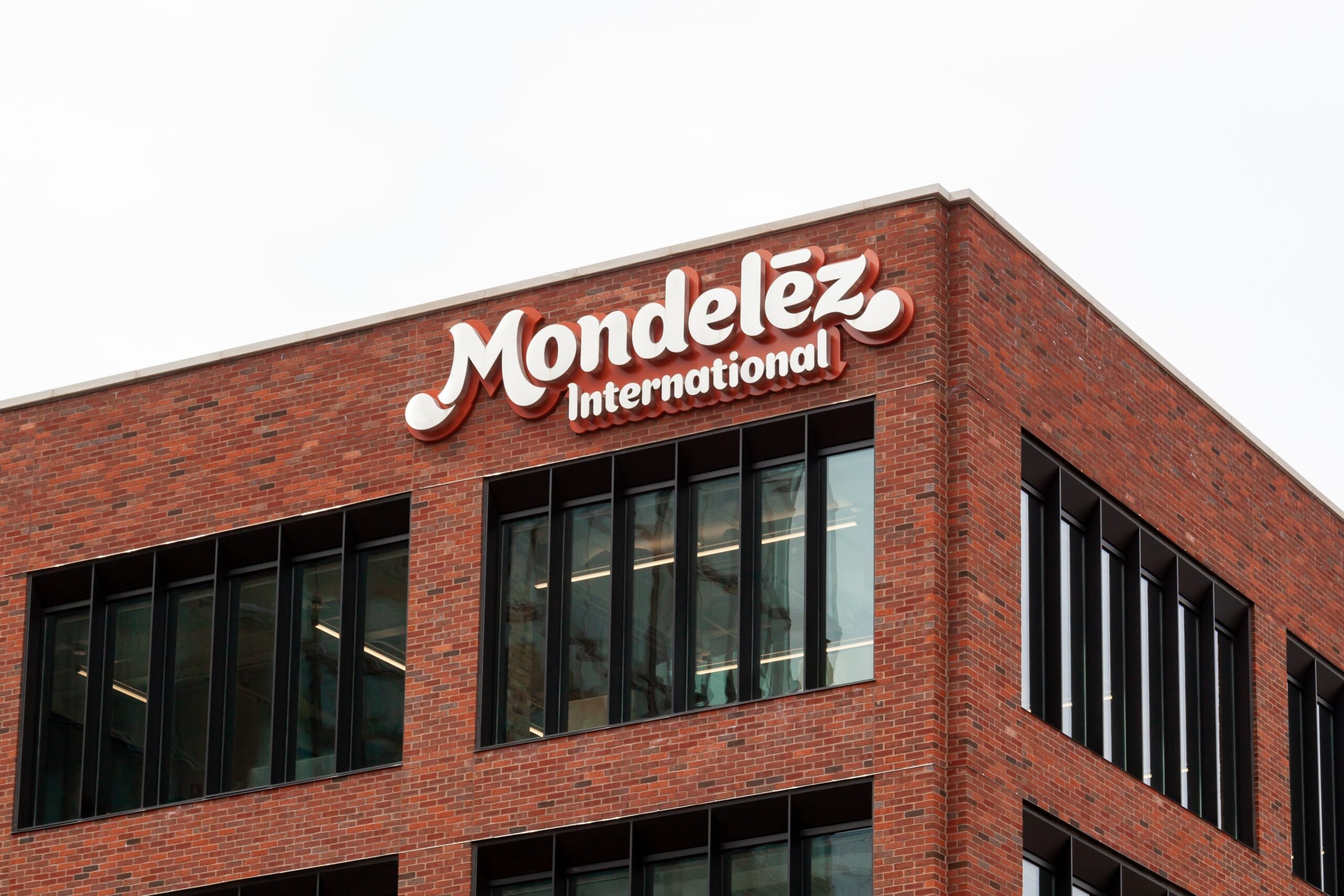
Headquartered in Chicago, Illinois, Mondelez International was founded in 2012 as a spin-off from Kraft Foods, focusing on snacks and confectionery. Generating around $26 billion in revenue, Mondelez’s top brands include Oreo, Cadbury, and Toblerone, all of which are globally recognized and loved. The company’s extensive snack portfolio reaches consumers in over 160 countries, with a strong commitment to sustainable sourcing of ingredients like cocoa. Mondelez focuses on creating enjoyable snacks with responsible practices, emphasizing healthier options and environmentally friendly initiatives.
Kraft Heinz Company
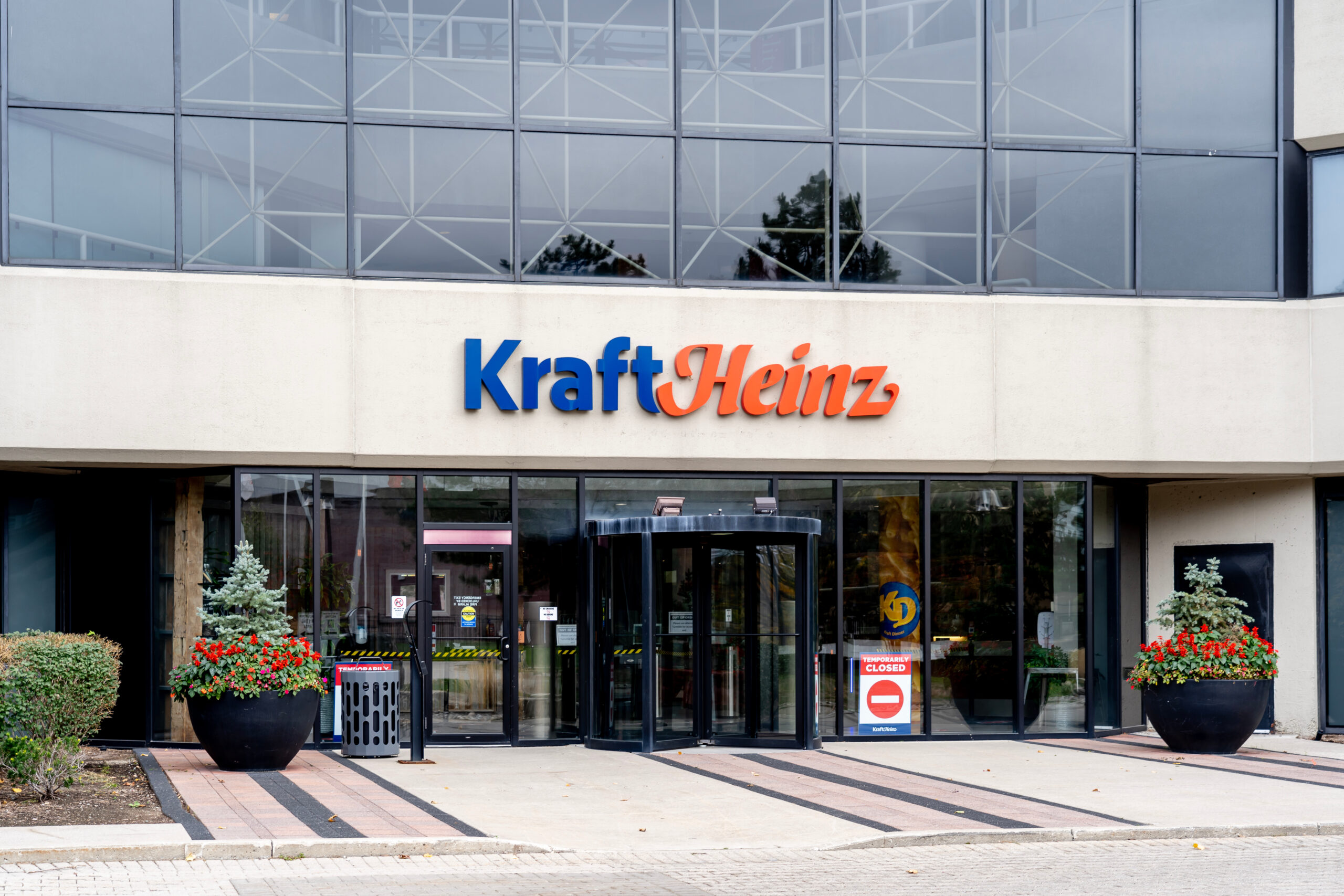
Formed in 2015 through the merger of Kraft Foods and Heinz, the Kraft Heinz Company is headquartered in Chicago, Illinois, and Pittsburgh, Pennsylvania. It generates approximately $26 billion in annual revenue and offers popular brands like Heinz, Kraft, and Oscar Mayer. Known for its pantry staples, Kraft Heinz products are sold worldwide, from sauces to ready-to-eat meals. The company is committed to sustainable growth, focusing on renewable energy and reducing food waste. Its iconic brands and focus on convenience make Kraft Heinz a staple in households around the world.
Smithfield Foods/WH Group
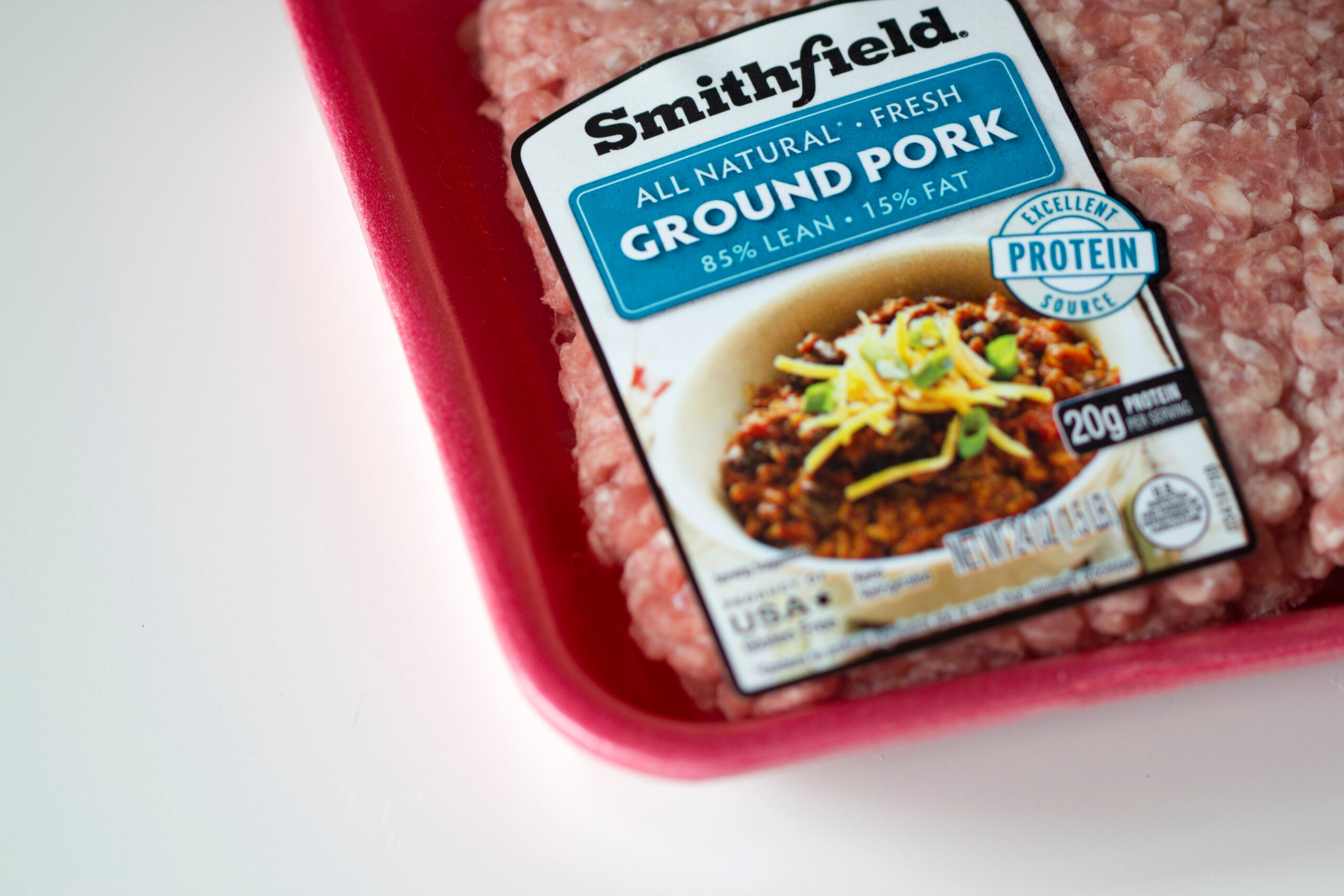
Smithfield Foods, founded in 1936 and headquartered in Smithfield, Virginia, is owned by WH Group, a leading pork producer based in China. Together, they generate revenues of over $24 billion, primarily through pork production and packaged meats. Smithfield’s top brands include Smithfield, Eckrich, and Nathan’s Famous, which are popular in both the U.S. and international markets. The company prioritizes animal welfare and environmental sustainability, investing in renewable energy and waste reduction. Smithfield’s scale and dedication to quality make it a leader in the global meat industry.
Unilever
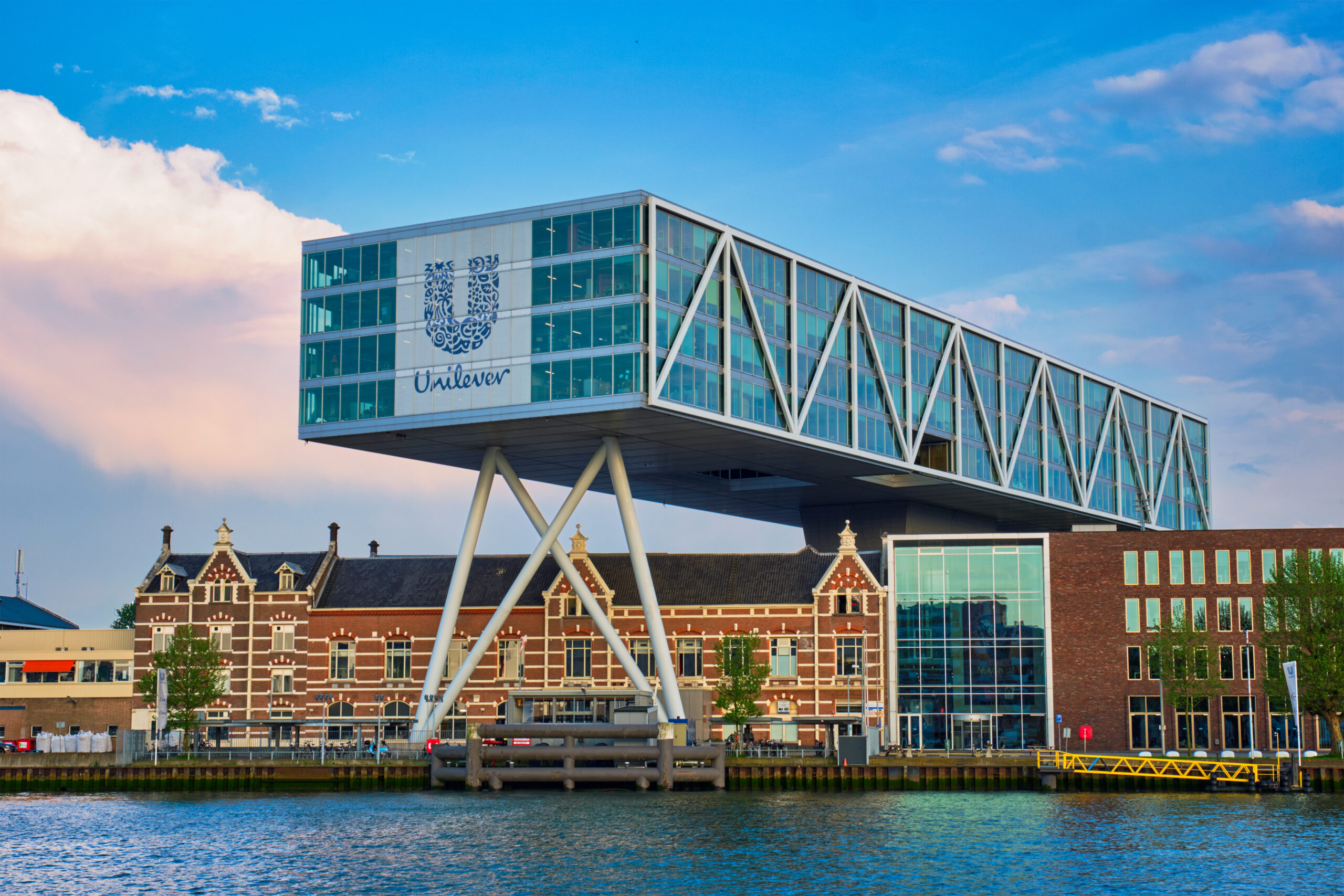
Headquartered in London, UK, and Rotterdam, Netherlands, Unilever was founded in 1929 and has grown into one of the world’s largest consumer goods companies. With annual revenues exceeding $50 billion, Unilever’s product portfolio includes well-known brands such as Ben & Jerry’s, Hellmann’s, and Knorr. Its range of products spans food, personal care, and cleaning, reaching consumers in over 190 countries. Unilever is committed to sustainability, working on initiatives to reduce waste and water use across its supply chain. Its influence extends globally, with products that are staples in households around the world.
Suntory
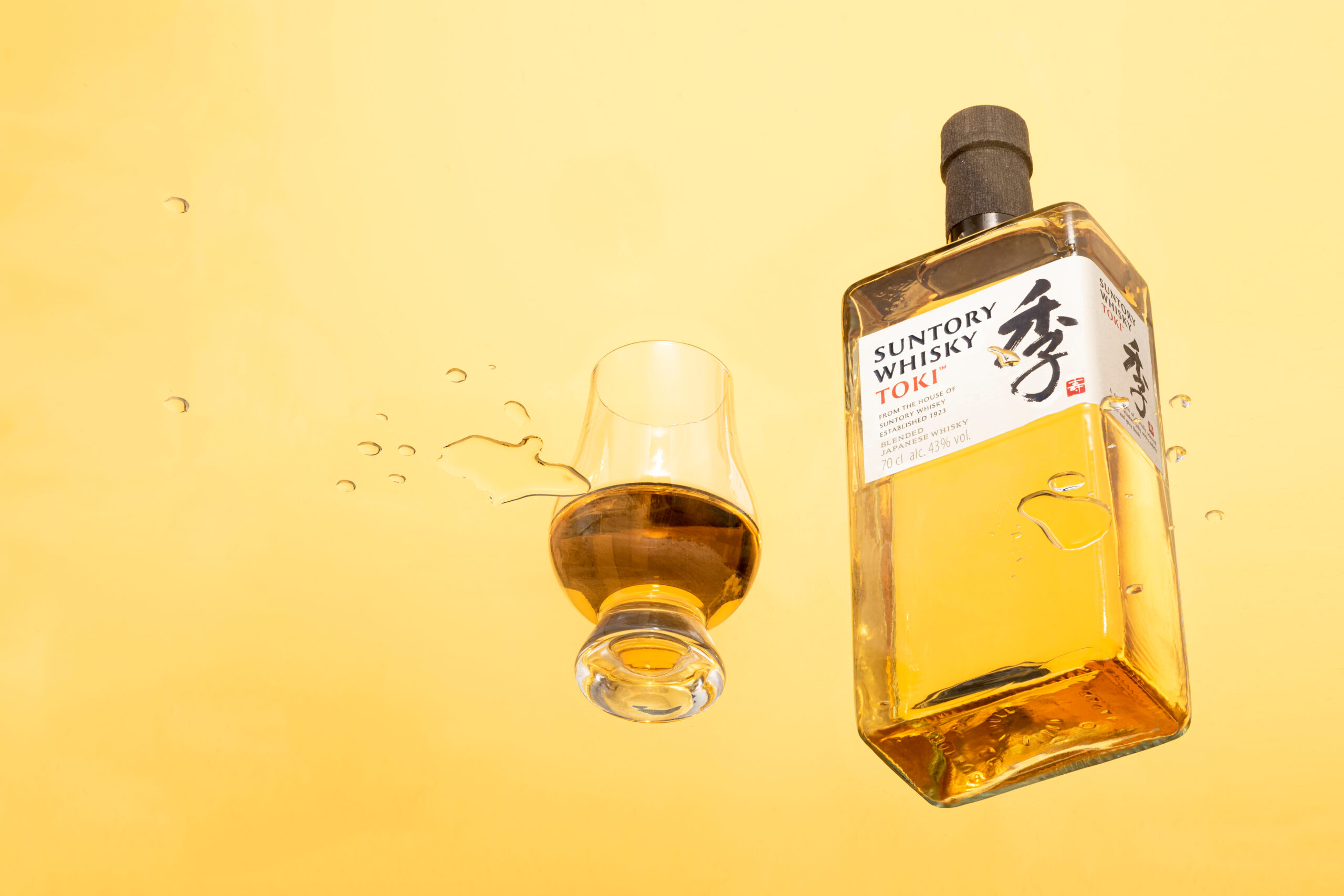
Founded in 1899 and based in Osaka, Japan, Suntory is a leading beverage company with a diverse portfolio of alcoholic and non-alcoholic drinks. Suntory generates around $22 billion in revenue, with flagship brands like Yamazaki whisky, Orangina, and Boss Coffee. Known for its dedication to quality, Suntory is a major force in the global beverage industry, with operations spanning Asia, Europe, and the Americas. The company is deeply committed to sustainability, focusing on water conservation and renewable energy. Suntory’s extensive offerings and focus on tradition make it a respected name in beverages.
Olam International
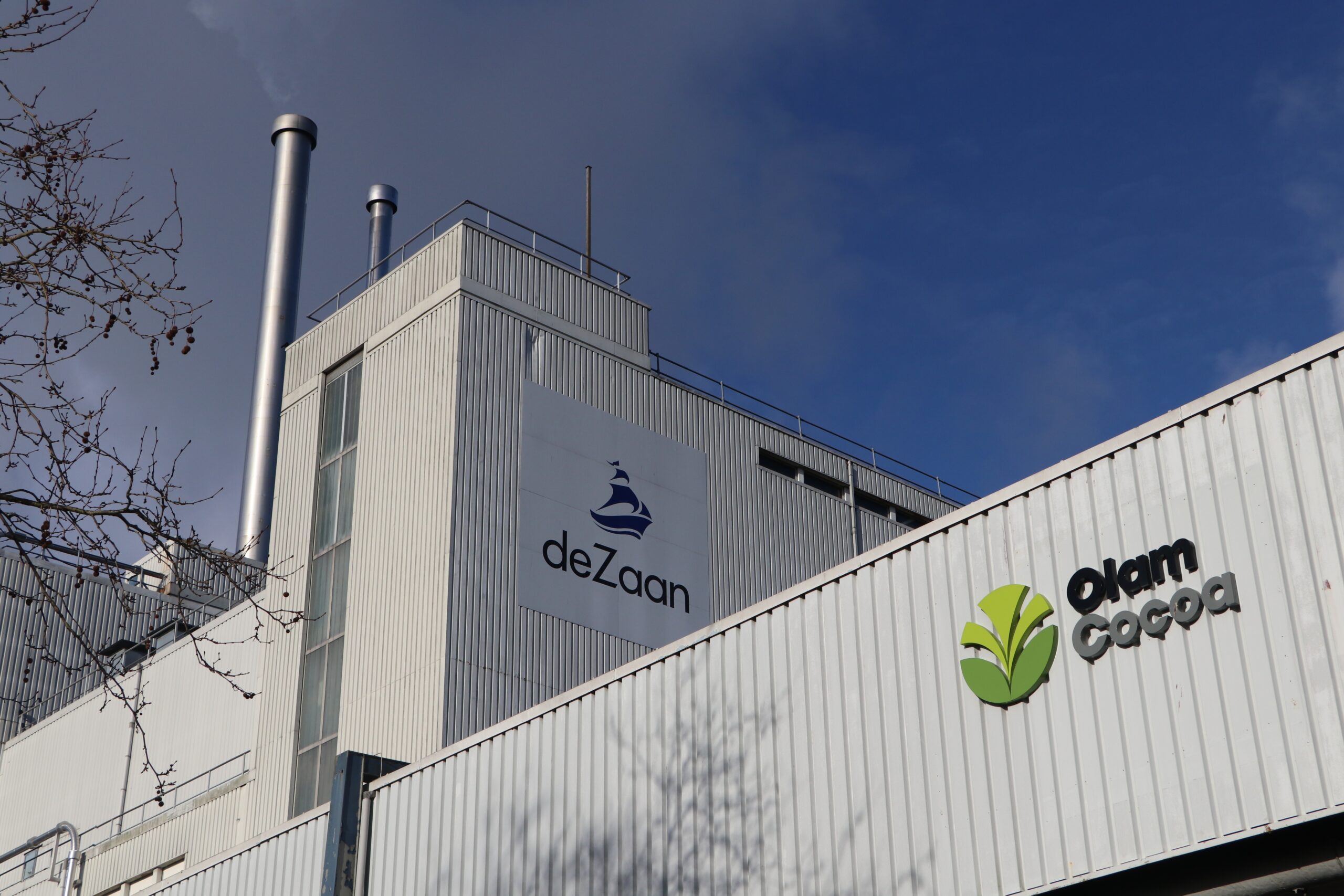
Headquartered in Singapore, Olam International was established in 1989 and has since become a leading player in the global agricultural supply chain. With annual revenues around $23 billion, Olam specializes in commodities such as cocoa, coffee, and nuts, providing raw materials to food manufacturers worldwide. Known for brands like Olam Spices and Olam Cocoa, the company focuses on sustainable sourcing and environmental impact. Olam operates in over 60 countries, emphasizing social and environmental responsibility in its supply chain. Its reach and dedication to sustainable agriculture have positioned Olam as a key player in food sourcing.
Lactalis
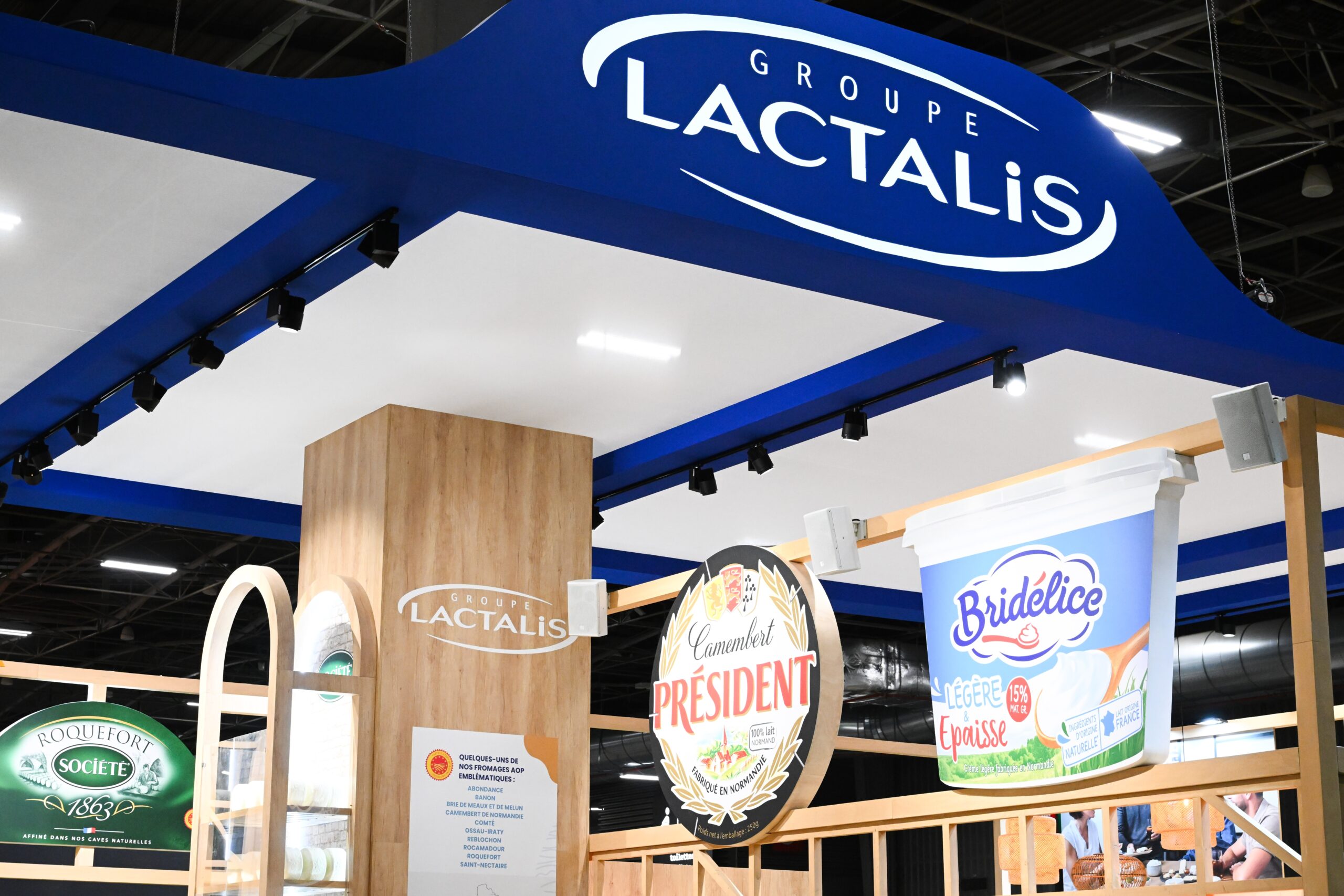
Lactalis, based in Laval, France, was founded in 1933 and has grown to become one of the world’s largest dairy companies. The company generates approximately $21 billion in revenue, with top brands such as Président, Parmalat, and Stonyfield Organic leading its portfolio. Lactalis offers a wide range of dairy products, including milk, cheese, and yogurt, distributed globally. The company is dedicated to quality and sustainability, focusing on animal welfare and responsible sourcing practices. Lactalis’ commitment to dairy excellence has made it a trusted name in households worldwide.
Asahi Group
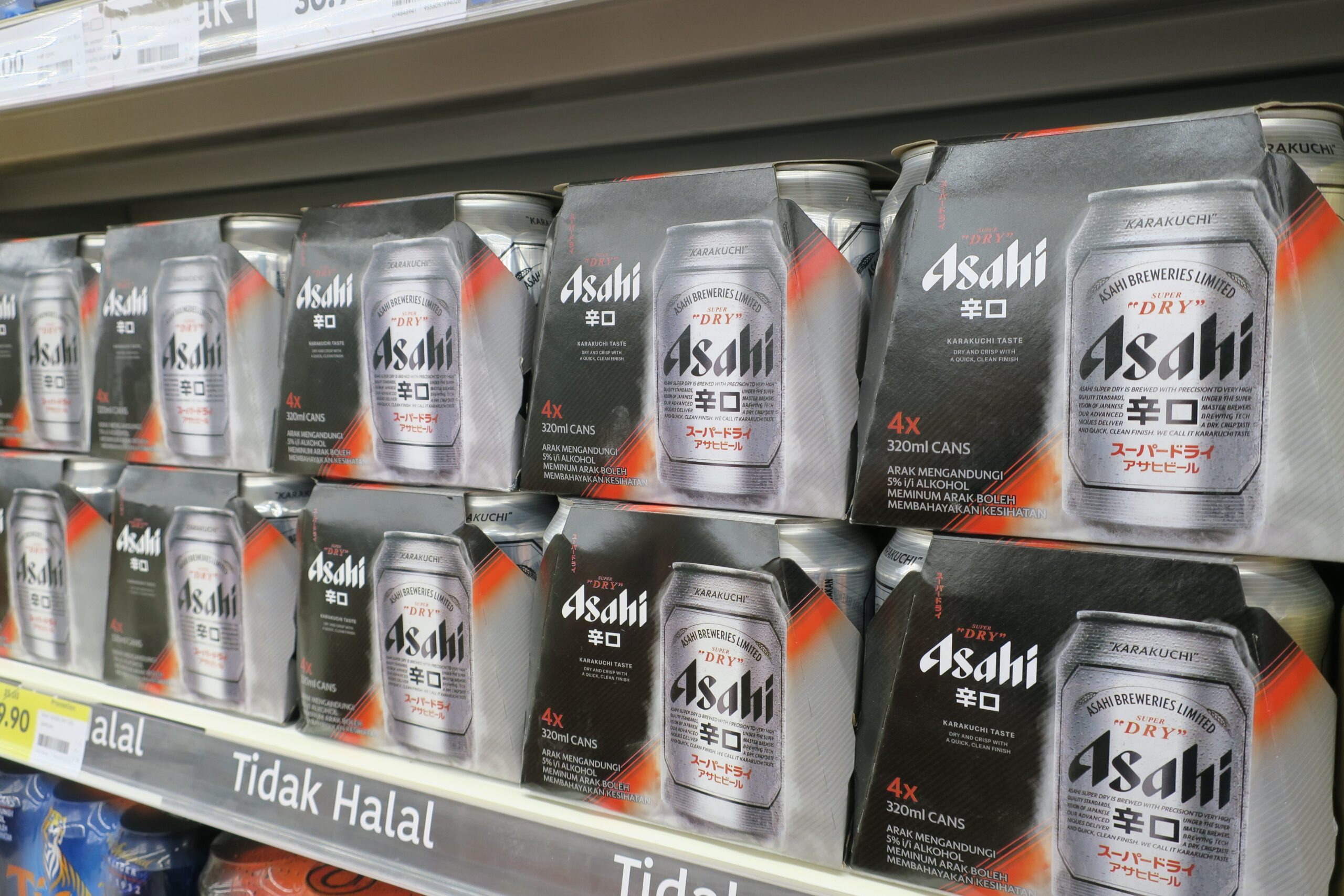
Established in 1889 and headquartered in Tokyo, Japan, Asahi Group is a prominent player in the beverage industry, particularly known for its alcoholic offerings. Asahi generates around $20 billion in revenue, with brands like Asahi Super Dry beer, Calpis, and Wilkinson soda leading its lineup. The company has expanded globally, acquiring well-known beer brands across Europe and Oceania. Asahi is focused on sustainability, emphasizing environmental impact reduction and energy efficiency in production. Its strong brand presence and dedication to quality make Asahi a significant player in the global beverage market.
CHS Inc.
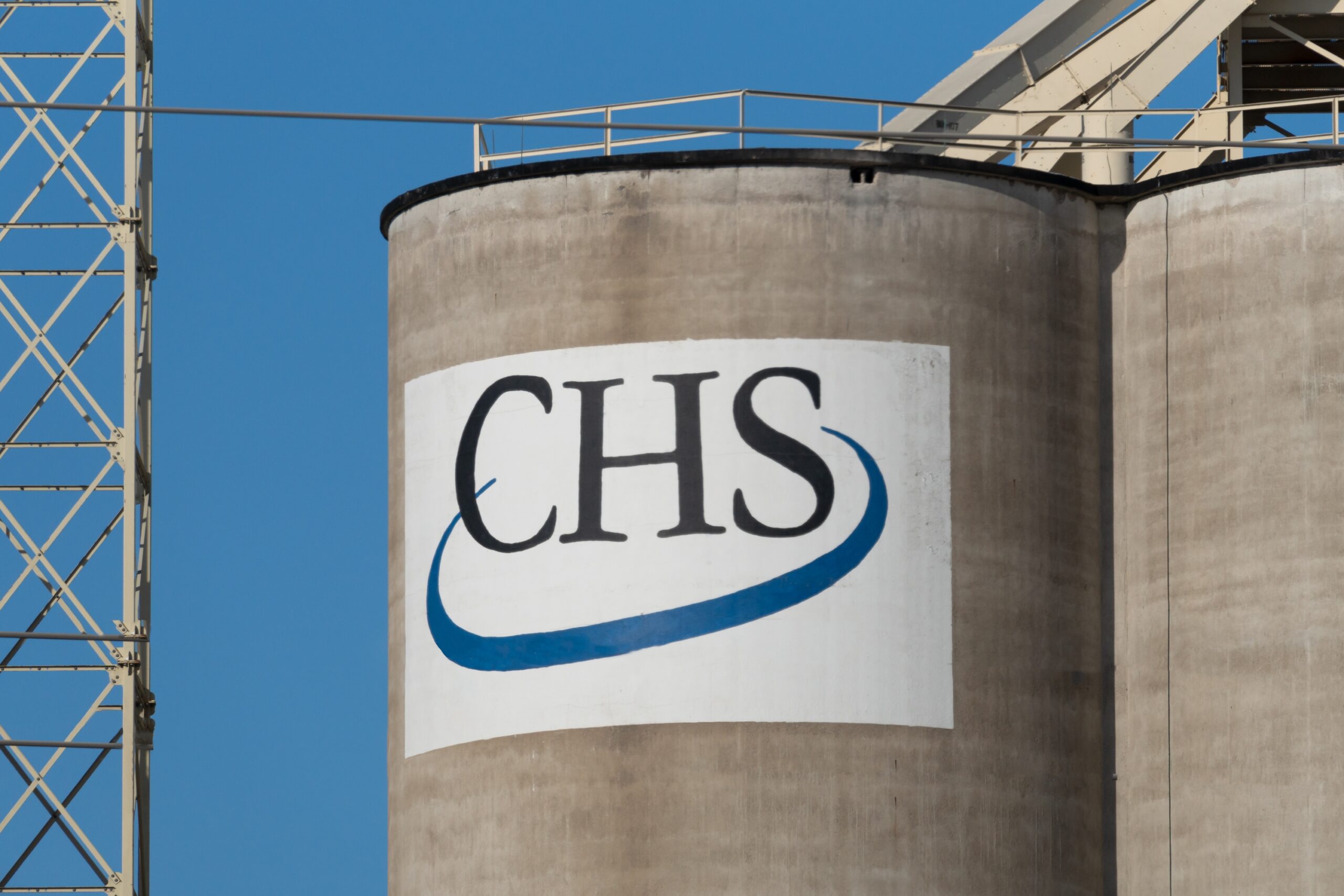
CHS Inc., headquartered in Inver Grove Heights, Minnesota, USA, was founded in 1931 and operates as a cooperative, primarily serving agricultural and energy needs. With annual revenues exceeding $32 billion, CHS supplies food ingredients, grain, and energy products, serving farmers and food producers. One of its leading brands, Cenex, provides fuel and energy solutions for rural communities. CHS emphasizes sustainability and cooperative growth, supporting agricultural communities and investing in renewable energy. Its role as a cooperative strengthens its relationship with farmers and contributes to its influence in food and agriculture.
General Mills
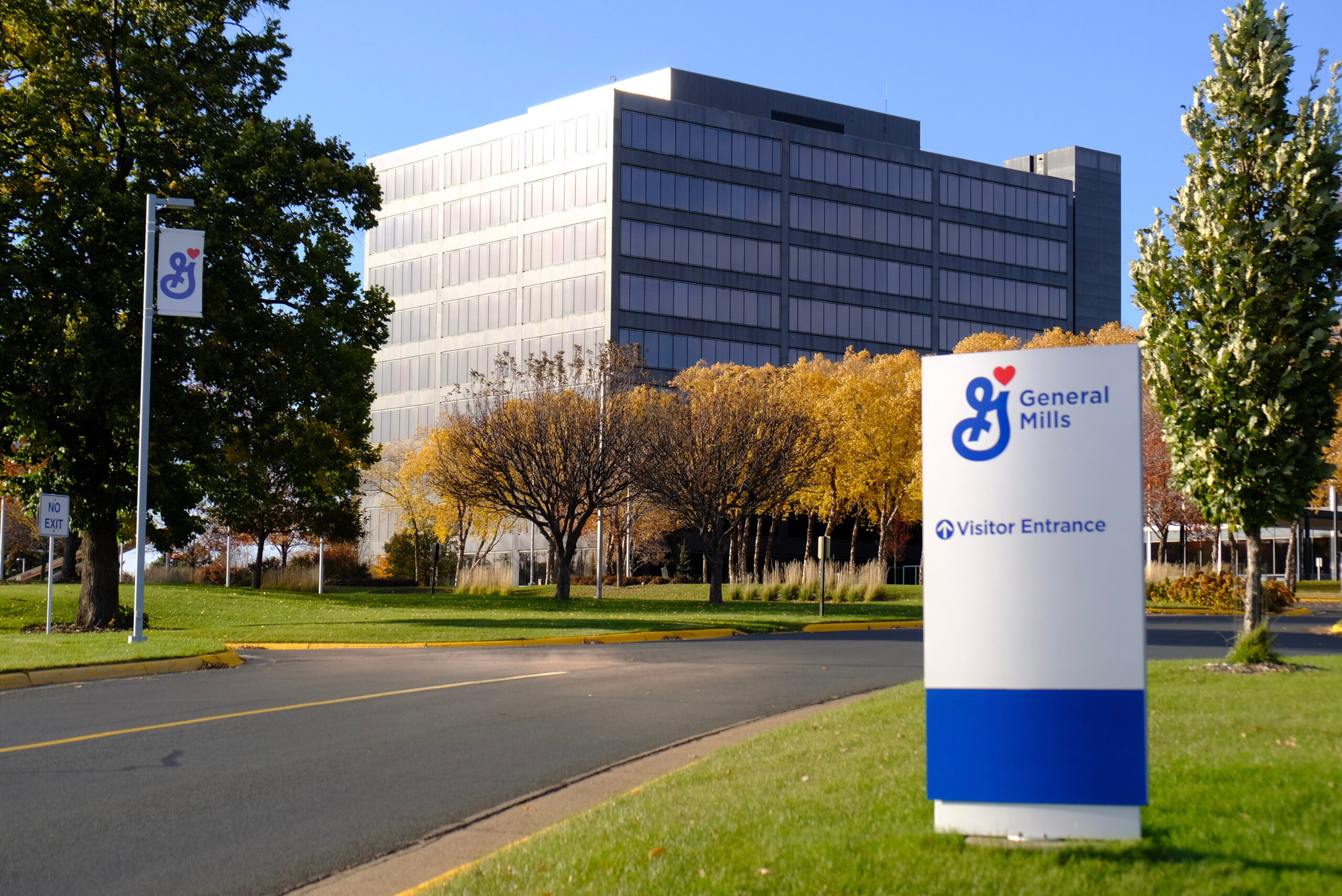
Founded in 1866 and headquartered in Minneapolis, Minnesota, USA, General Mills is a major force in the food industry. The company generates roughly $19 billion in annual revenue, with iconic brands such as Cheerios, Haagen-Dazs, and Betty Crocker. Its extensive portfolio covers cereals, snacks, baking products, and more, reaching consumers across the globe. General Mills focuses on sustainable sourcing, especially in areas like palm oil and dairy, aiming to reduce its environmental footprint. Known for its commitment to quality and nutrition, General Mills continues to innovate while maintaining beloved household brands.
This article originally appeared on Rarest.org.
More from Rarest.org
16 Threatened Arctic Species Facing Extinction Due to Melting Ice
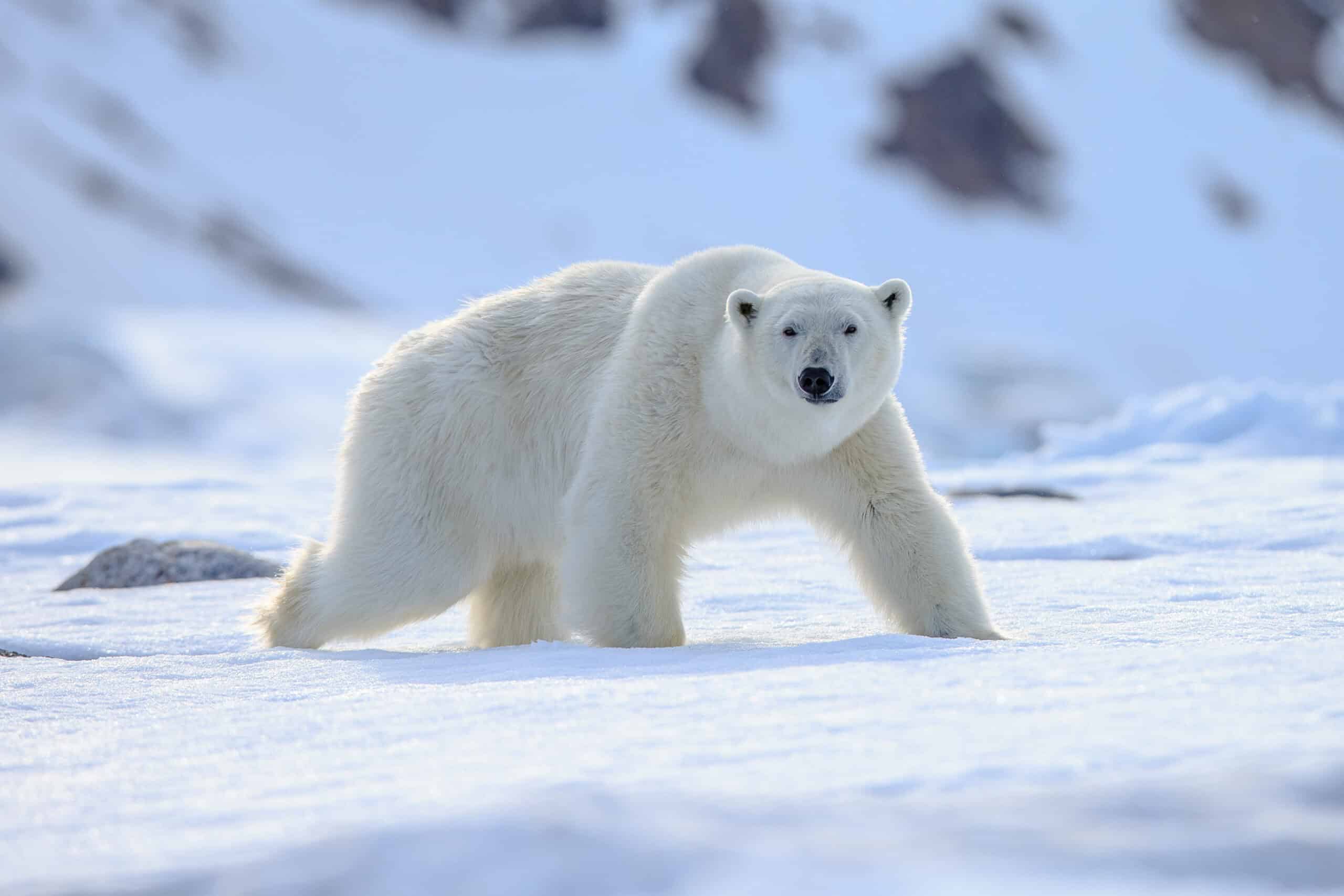
Arctic ice is rapidly melting due to climate change, putting many species at risk. These animals depend on the icy habitat for survival, hunting, and breeding. Read More.
15 Fascinating Fish Species That Survive in Unthinkable Depths
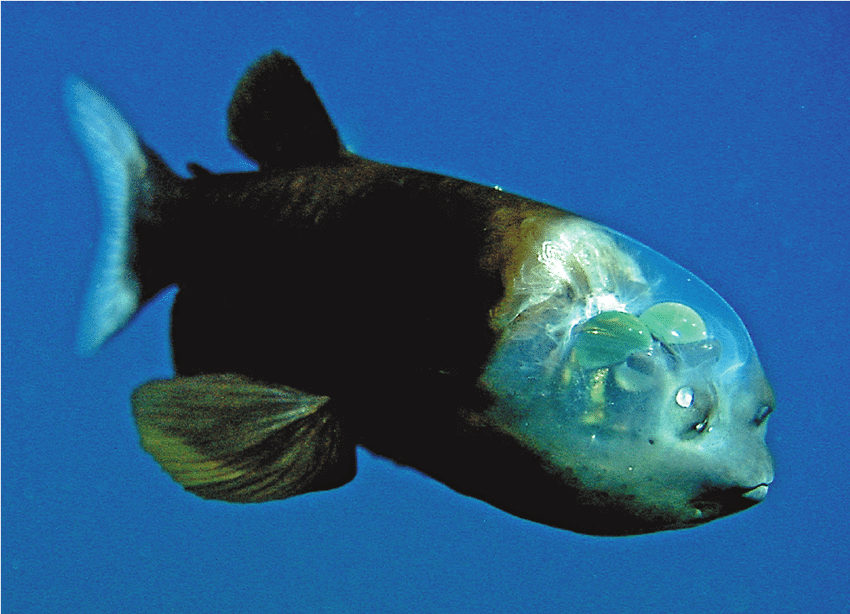
The deep sea is a mysterious, almost alien world, where sunlight can’t penetrate, and the pressure is intense. Read More.
20 Largest Battleships Ever Built in the World
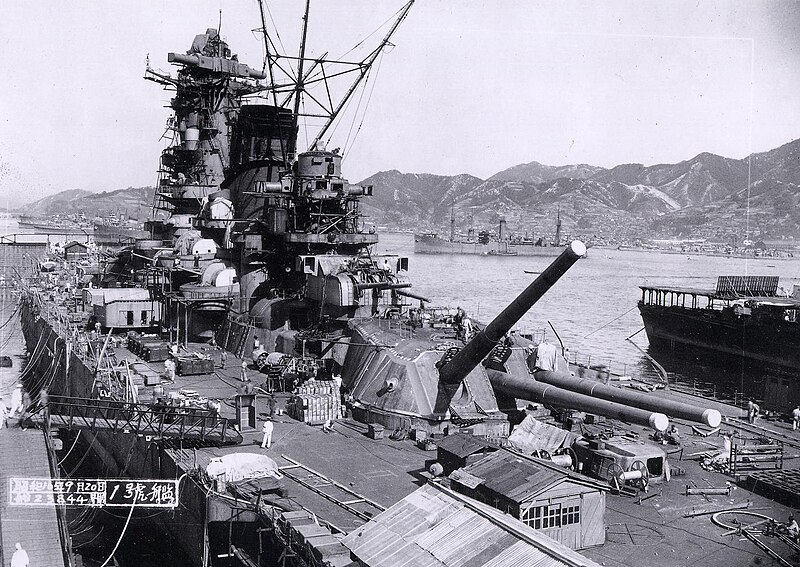
Battleships represent some of the most powerful and iconic vessels in naval history, built to project immense strength and withstand intense combat. Read More.
